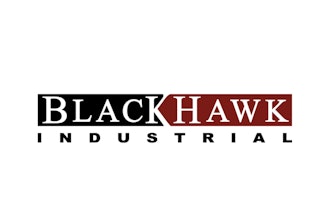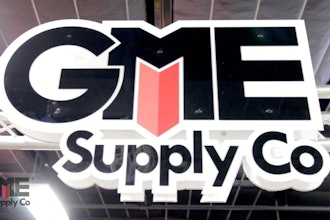Washington, DC—The Equipment Leasing and Finance Association’s (ELFA) Monthly Leasing and Finance Index (MLFI-25), which reports economic activity from 25 companies representing a cross section of the $1 trillion equipment finance sector, showed their overall new business volume for September was $8.5 billion, down 2 percent year-over-year from new business volume in September 2017. Volume was down 5 percent month-to-month from $8.9 billion in August. Year to date, cumulative new business volume was up 4 percent compared to 2017.
Receivables over 30 days were 1.60 percent, down from 1.90 the previous month and up from 1.40 percent the same period in 2017. Charge-offs were 0.40 percent, up from 0.29 percent the previous month, and unchanged from the year-earlier period.
Credit approvals totaled 75.7 percent in September, down from 76.4 percent in August. Total headcount for equipment finance companies was down 0.2 percent year over year. During 2017, headcount was elevated due to acquisition activity at an MLFI reporting company.
Separately, the Equipment Leasing & Finance Foundation’s Monthly Confidence Index (MCI-EFI) in October is 63.2, down from the September index of 65.5.
ELFA President and CEO Ralph Petta said, “Despite a slight pull back in new business volume indicated by September MLFI-25 respondents, anecdotal evidence given by member representatives attending the recently concluded ELFA Annual Convention points to a still-robust equipment finance industry in almost all asset and vertical sectors. Rising interest rates may have an impact on originations going forward, but at this point in the business cycle—with companies reporting strong earnings and the labor market approaching historic levels—all systems are go for the vast majority of equipment finance organizations.”
Gary Peterson, President and CEO, TCF Equipment Finance, a division of TCF National Bank, said, “While volume is up year-to-date, September’s MLFI-25 shows a decline in year-over-year and month-over-month volume, likely as a result of rising diesel prices, the impact of the dollar, lack of infrastructure stimulus, rising interest rates and tariffs. Some deterioration may occur as a result of these factors; however, portfolios are performing quite well with delinquencies and charge offs at near historical lows.”






















